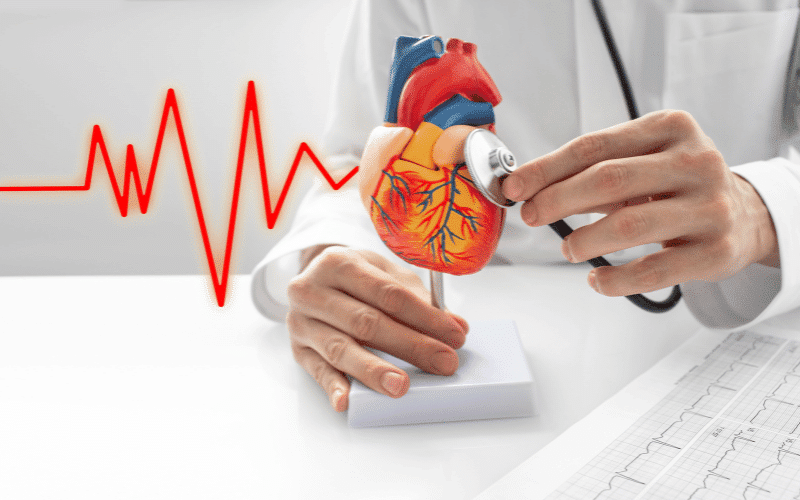Introduction: Chronic Heart Failure Unveiled

When it comes to chronic heart failure, the more one is informed, the better equipped they are to navigate this challenging condition. Chronic heart failure signifies a long-term, progressive condition where the heart’s functionality diminishes over time, leading to its reduced ability to pump blood efficiently.
This loss of efficiency deprives the body’s organs and tissues of the essential nutrients and oxygen required for their optimal function. Chronic heart failure, thus, impacts the whole body, significantly affecting an individual’s quality of life.
However, the condition is not an overnight phenomenon. The progression of chronic heart failure is gradual, marked by telltale signs that, when recognized early, can lead to more effective disease management. Being alert to these signals is crucial, as it can slow down the disease progression and result in a better prognosis.
This discussion focuses on exploring the top 10 symptoms indicative of chronic heart failure. Providing an in-depth insight into each symptom, this article arms you with the knowledge to understand this condition better. The idea is to discern these signs, which often appear gradually and may be easy to dismiss initially.
Now, let’s embark on this detailed journey of understanding the symptoms of chronic heart failure, one symptom at a time.
Symptom 1. Shortness of Breath: A Telltale Sign of Heart Struggle

A symptom often associated with chronic heart failure is persistent shortness of breath, clinically known as dyspnea. It is not merely an uncomfortable sensation but a sign of an underlying struggle. The heart’s declining efficiency leads to fluid accumulation in the lungs, causing this uncomfortable sensation.
But how does this symptom manifest? It is not simply about feeling out of breath post-exercise. People with chronic heart failure often find themselves short of breath even while performing routine tasks, sometimes even at rest. This situation arises as the heart is unable to maintain an adequate blood flow, leading to an oxygen deficit.
The accumulation of fluid in the lungs also affects the oxygen-carbon dioxide exchange, essential for our respiratory system. The fluid hampers this gas exchange, causing the sensation of breathlessness as the body attempts to compensate for the lack of oxygen.
Understanding this symptom is crucial as it is often dismissed as a sign of aging or lack of fitness. But in the context of chronic heart failure, it signifies the heart’s struggle to fulfill the body’s oxygen requirements, thus, impacting the individual’s quality of life significantly. (1)